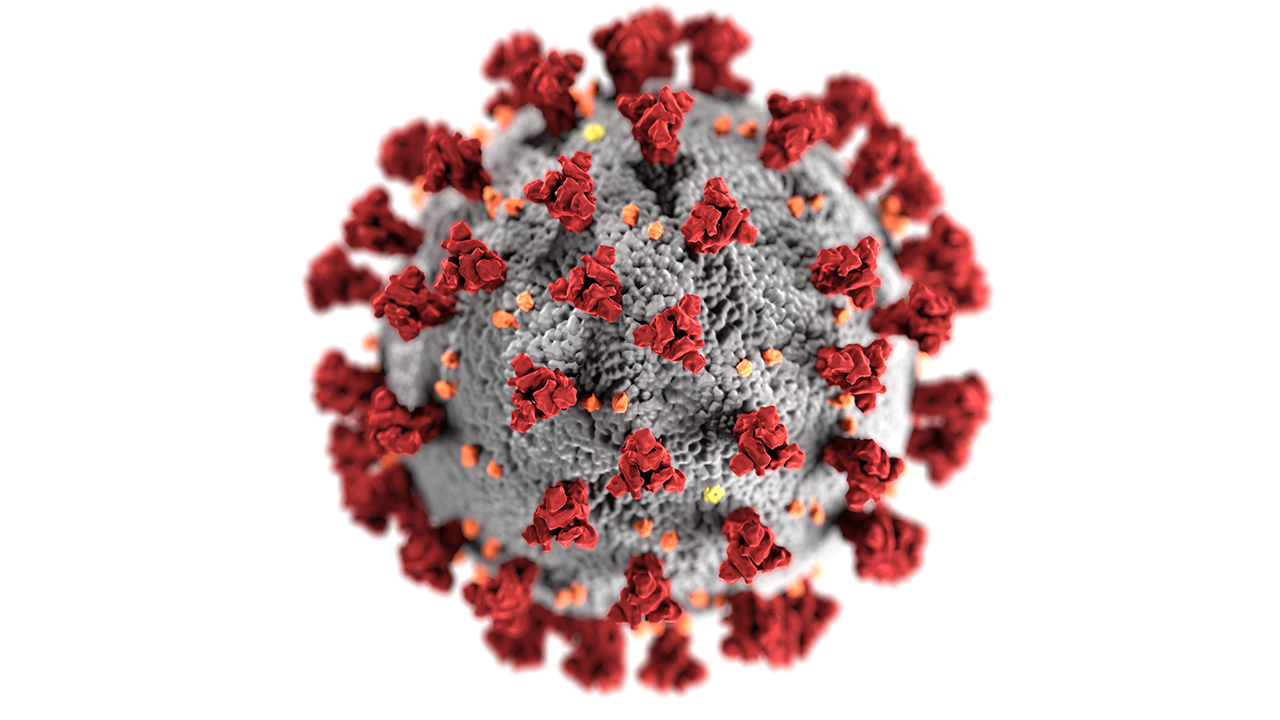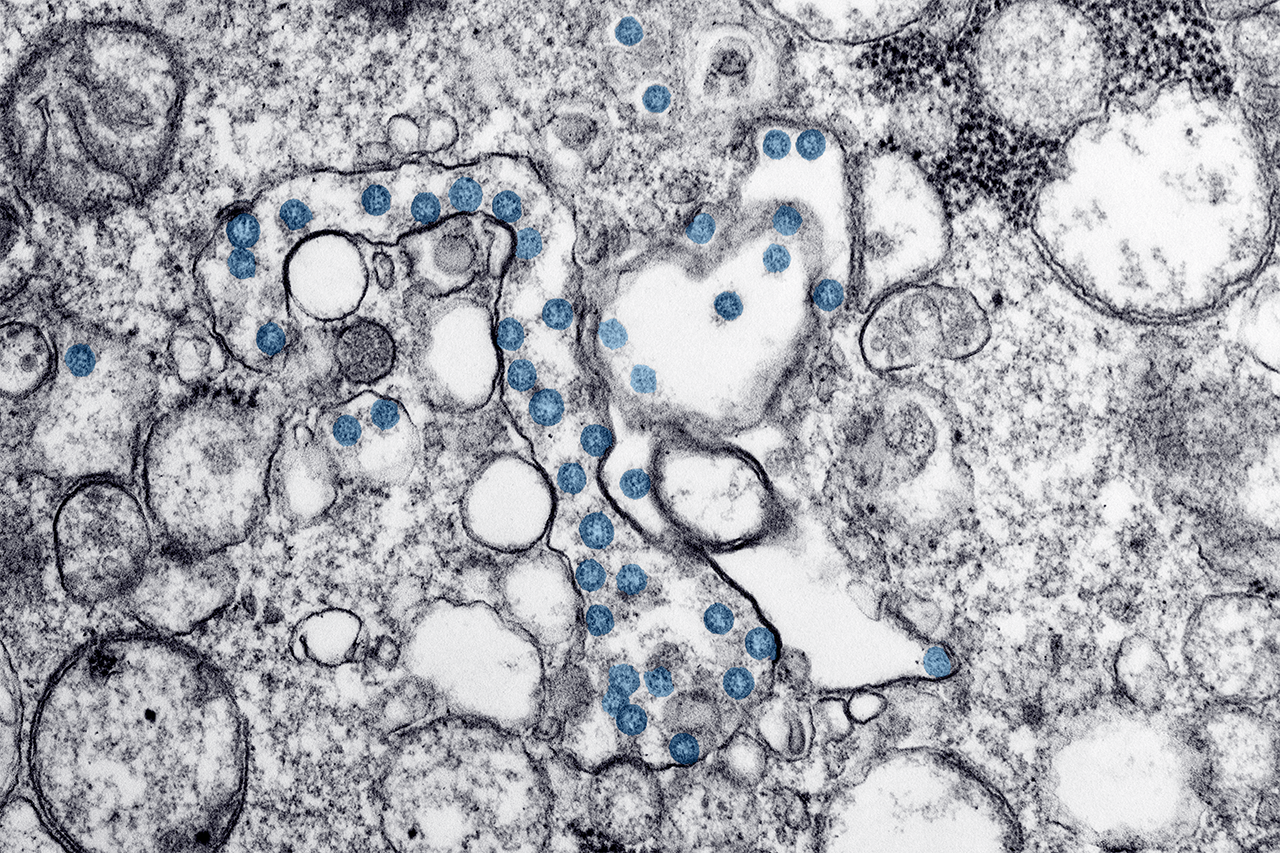Description
The epidemic of Covid 19 has taken the world by surprise with unprecedented
consequences. Different countries have reacted differently in trying to
control the progression of the epidemic and
to return to a seemingly normal mode of life.

Yet, epidemics are very easy to model and making forecasts is quite simple. Data for Covid 19 were readily available from the beginning of the year 2020, allowing to make good predictions. Ultimately, if science provide the information, politics is what drives the decisions, good or bad.
The aim of the project is to model the epidemic of Covid 19. Such model depends mostly on one parameter: the infection rate R and it can be determined for each country, as a function of time, from the casualty data available.
We will start by understanding what happened and why the epidemic progressed so quickly. We will then be able to investigate several problems such as understanding the impact of closing borders or how to protect closed environments such as care homes. We will also be able to investigate different methods to get out of confinement.
The model we will use are the so-called SEIR model which involves Ordinary Differential Equations but one can also use the so called agent based models which simulate the interaction between individuals and try to estimate R.
Because the equations for the models are non-linear one much solve them
numerically. As a result the project will involve a fair amount of
programming in python, (or, for those who wish to, other languages such as
C or C++).

Prerequisites
- Programming (MATH1041) or equivalent
- Mathematical Modelling would be useful but is not required (MATH2637)
Resources
- Understanding the Covid 19 epidemic.
- Mathematical Modeling of Viral Epidemics: A Review
- Imperial College reports (especially reports 9 and 13)
- Real-Time Estimation of the Risk of Death from Novel Coronavirus (COVID-19) Infection: Inference Using Exported Cases Sung-Mok Jung et al.
- Clinical course and risk factors for mortality of adult inpatients with COVID-19 in Wuhan, China: a retrospective cohort study Fei Zhou et al.
- The Incubation Period of Coronavirus Disease 2019 (COVID-19) From Publicly Reported Confirmed Cases: Estimation and ApplicationStephen Lauer, Kyra Grantz and Qifang Bi.
- Characteristics of and Important Lessons From the Coronavirus Disease 2019 (COVID-19) Outbreak in China Summary of a Report of 72 314 Cases From the Chinese Center for Disease Control and Prevention, Zunyou Wu and Jennifer M McGoogan.
- Aerosol and Surface Stability of SARS-CoV-2 as Compared with SARS-CoV-1. Neeltje van Doremalen et al.
- Estimating the risk of 2019 Novel Coronavirus death during the course of the outbreak in China, Kenji Mizumoto, Gerardo Chowell.